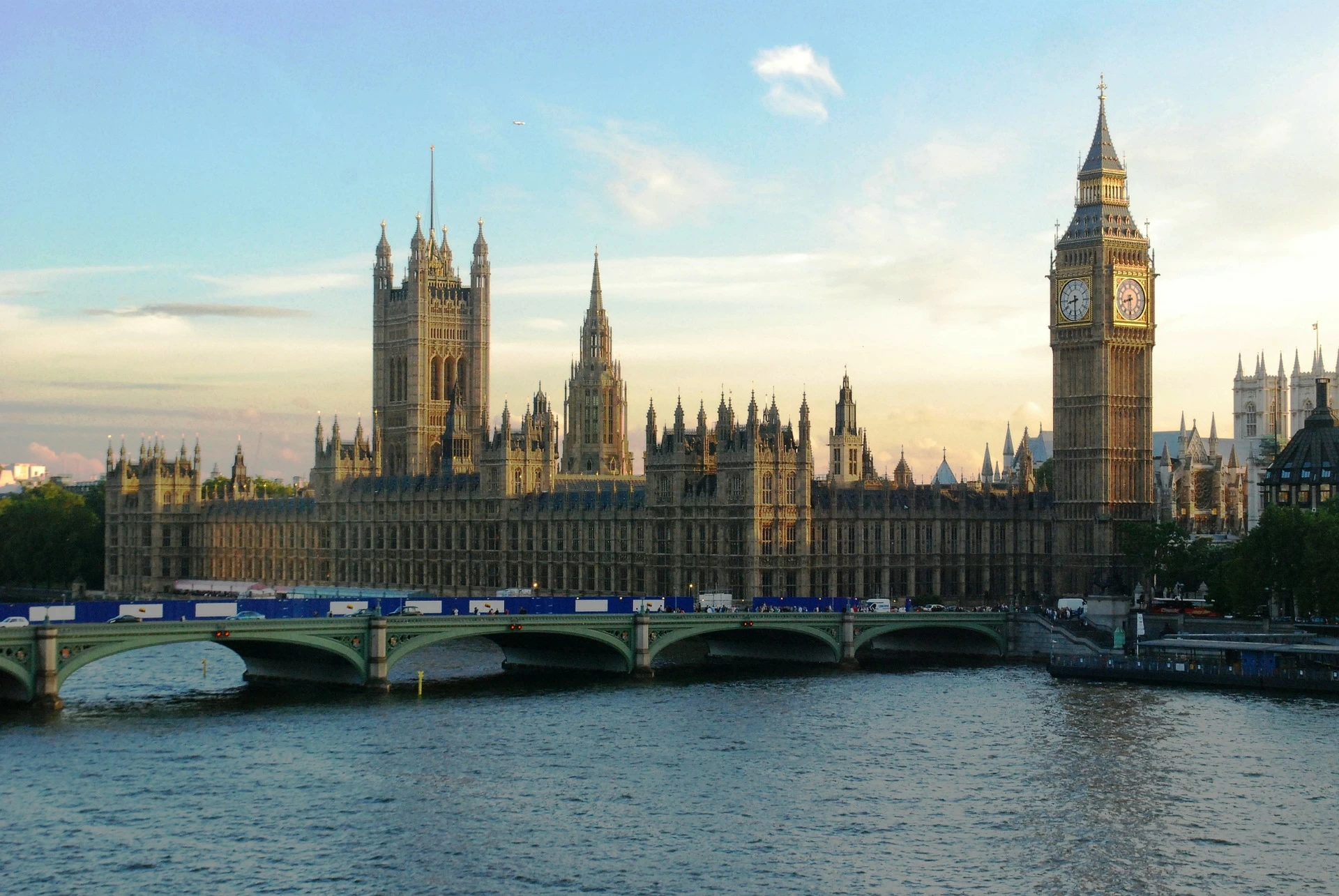
Clear the Lobby: What laws are MPs voting on this week? – w/c 25th Feb
February 25, 2019
Your Weekly Commercial Awareness Update – w/c 25th February
March 1, 2019Your round-up of the stories that you should discuss at interview this week:
Criminal Justice
Reported by Paige Waters
Potential reform of the Justice system
David Gauke, the Justice Secretary has stated he wishes to end short prison sentences as they have no effect on the defendant. Gauke feels that technology and more community sentences will prove better alternatives to jail.
During a speech, he outlined that Britain had jailed more people compared with other European countries and that those sentenced to short terms in prison in fact have higher reoffending rates.
He continuted to state: “in the last five years, just over a quarter of a million custodial sentences have been given to offenders for six months or less; over 300,000 sentences were for 12 months of less. But nearly two-thirds of those offenders go on to commit a further crime within a year of being released.”
“Why would we spend taxpayers’ money doing what we know doesn’t work, and indeed, makes us less safe?”
This is a highly controversial topic. The debate around prison sentences is vastly varied. Are community sentence orders seen as lenient on the defender? Will imposing a community sentence order deterrent them from reoffending?
It is difficult to assess whether reform around the sentencing guidelines would be affective without trial and error. However, does this not leave consequences on the justice system if in fact it fails?
The Conservative MP Philip Davies did not agree with Gauke. Instead he branded the plans as “frankly idiotic” and said “in virtually every case, the offender has been given community sentencing after community sentence, and they are only sent to prison because they have failed to stop their offending. So to give them community sentences instead is bonkers.”
Find out more on the Guardian.
Criminal Law
Reported by Anna-Mei Harvey
The Home Secretary’s new anti-knife laws have come under attack
Various campaign groups have challenged the government’s proposals to amend the Offensive Weapons Bill. The changes are set to see the implementation of Knife Crime Prevention Orders which appear to be akin to Anti-Social Behaviour Orders (ASBOs.) Government officials have highlighted the sharp increase in knife related crimes, namely murder, manslaughter and stabbings amounting to Section 18 (OAPA 1861,) offences in the 2018.
The number of fatal crimes rose by 12% from the previous year totalling 701. Police have also reported an increase in the use of knifes, blades or sharp offensive weapons in the commission of other crimes – according to the Office for National Statistics, that figure was 40,147 between March 2017-18.
The government’s response to what’s been dubbed a ‘public health emergency,’ is to confer greater powers on to the country’s police force. Police, by imposing these orders, will have the power to restrict the movement of any person over the age of twelve, restrict their social media use and those found in possession of a bladed weapon could face a custodial sentence of up to two years.
The concern however is the standard of proof required; the orders may be imposed on anyone who police believe is carrying a knife, are habitual knife carriers or people previously convicted of a knife related offence. Rosalind Comyn has voiced concerns claiming that the proposals will do little to address the underlying socio-economic issues that result in knife crime and instead risks unfairly impressing on young people, criminalising them which in turn will only serve to exacerbate the issues that result in knife crime.
The Home Secretary, Sajid Javid has however sought to justify the orders by saying, “I have been clear that I will do everything in my power to tackle the senseless violence that is traumatising communities and claiming too many young lives.” The moral dilemma posed by these orders is evident – should the government continue to be reactive to the knife crime epidemic, compromising the liberty of the few in the interest of public health and safety or, as Liberty speakers have suggested, should the focus instead be on rehabilitation and education of those most likely to be caught up in the police’s new powers?
Find out more information here, here, here and here.
Homelessness
Reported by Emma Ducroix
The end of a state-implicating law to ensure the help of homeless people
The Leader of the labour party, Jeremy Corbyn, take care of the rough sleepers. He pledges the end of a 19th century law, which criminalized homeless.
According to his statements, “Homeless people need help, not punishments”.
Those declarations are revealing of recent statistics: almost 600 homeless people died last year, which is a 24 per cent rise in deaths over five years.
The project of the Labour is to remove the Vagrancy Act 1824 from the statute book, in which beg is a crime as well as sleep rough.
According to Melanie Onn, the Georgian era of this law need to be reevaluated to our modern time.
The fact of criminalizing people who are the most vulnerable in society seems to not be fair at all by many British politicians.
Criminalizing them do not help them to receive support to get out of this precarious situation.
The project may go further: “Rather than criminalizing rough sleepers Labour would support them, with 8,000 new homes available to those with a history of rough sleeping as part of a plan to eradicate rough sleeping within five years”, according to Ms Onn.
Moreover a £100 million cold weather fund will be created to make emergency accommodation available for every rough sleeper during winter.
As Jon Sparkes said, “The Vagrancy Act is antiquated, outdated and cruel.”
He added: “What we need is to treat people who are homeless with dignity and respect.”
And he’s glad to see that politicians from across parties have acknowledged the need to scrap this law.
Read more here.
Get these updates straight to your inbox every week by signing up here.




